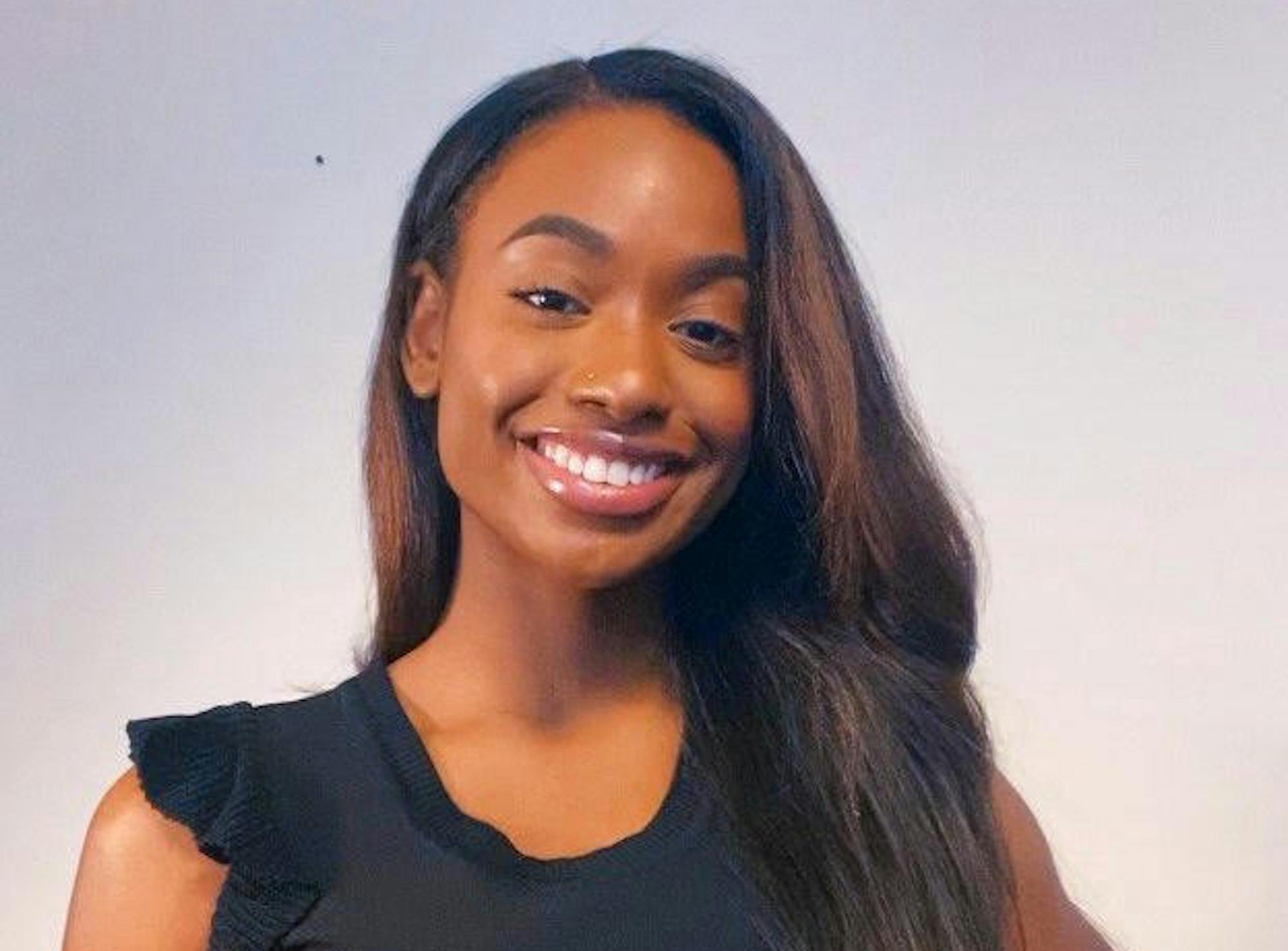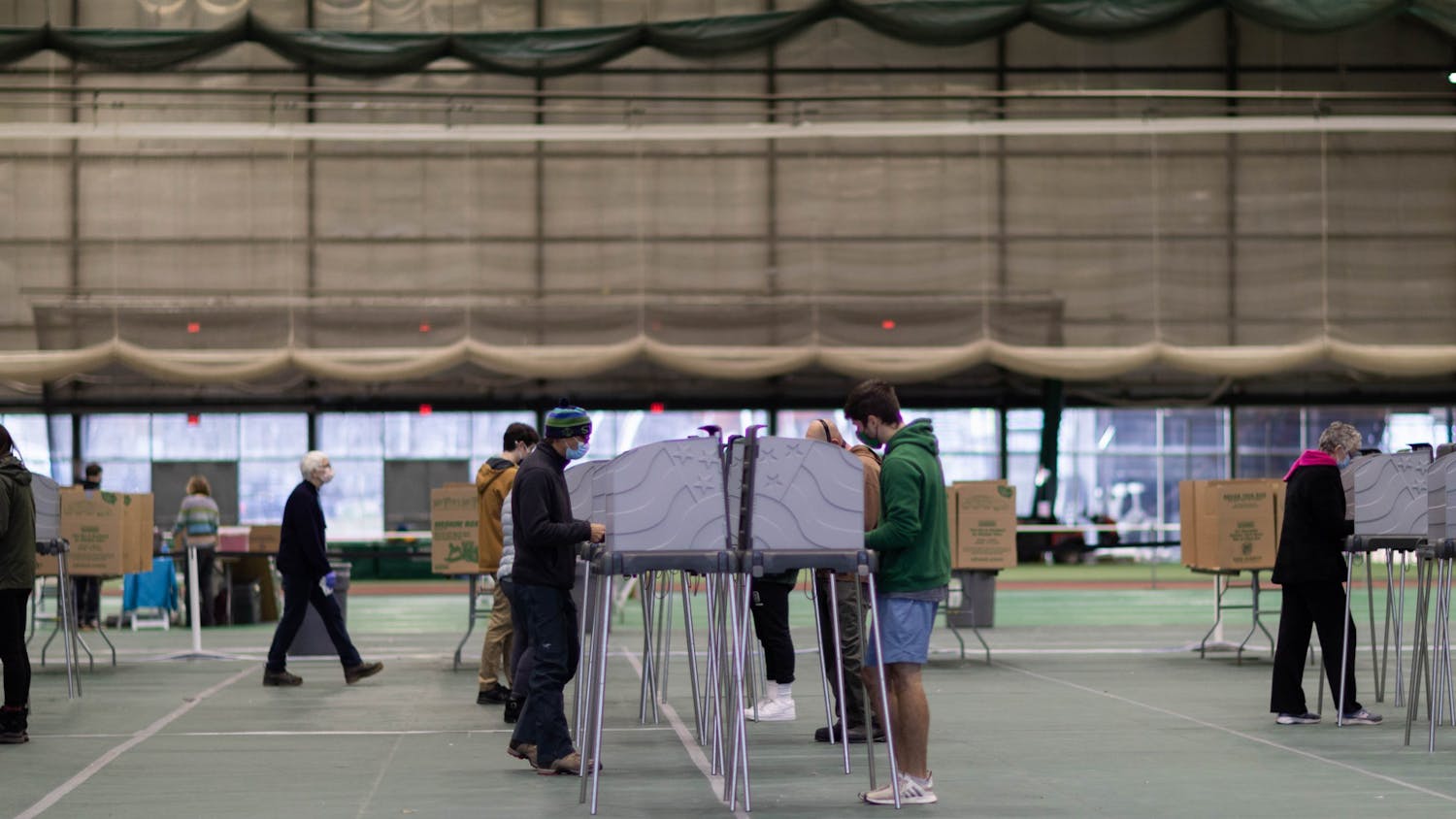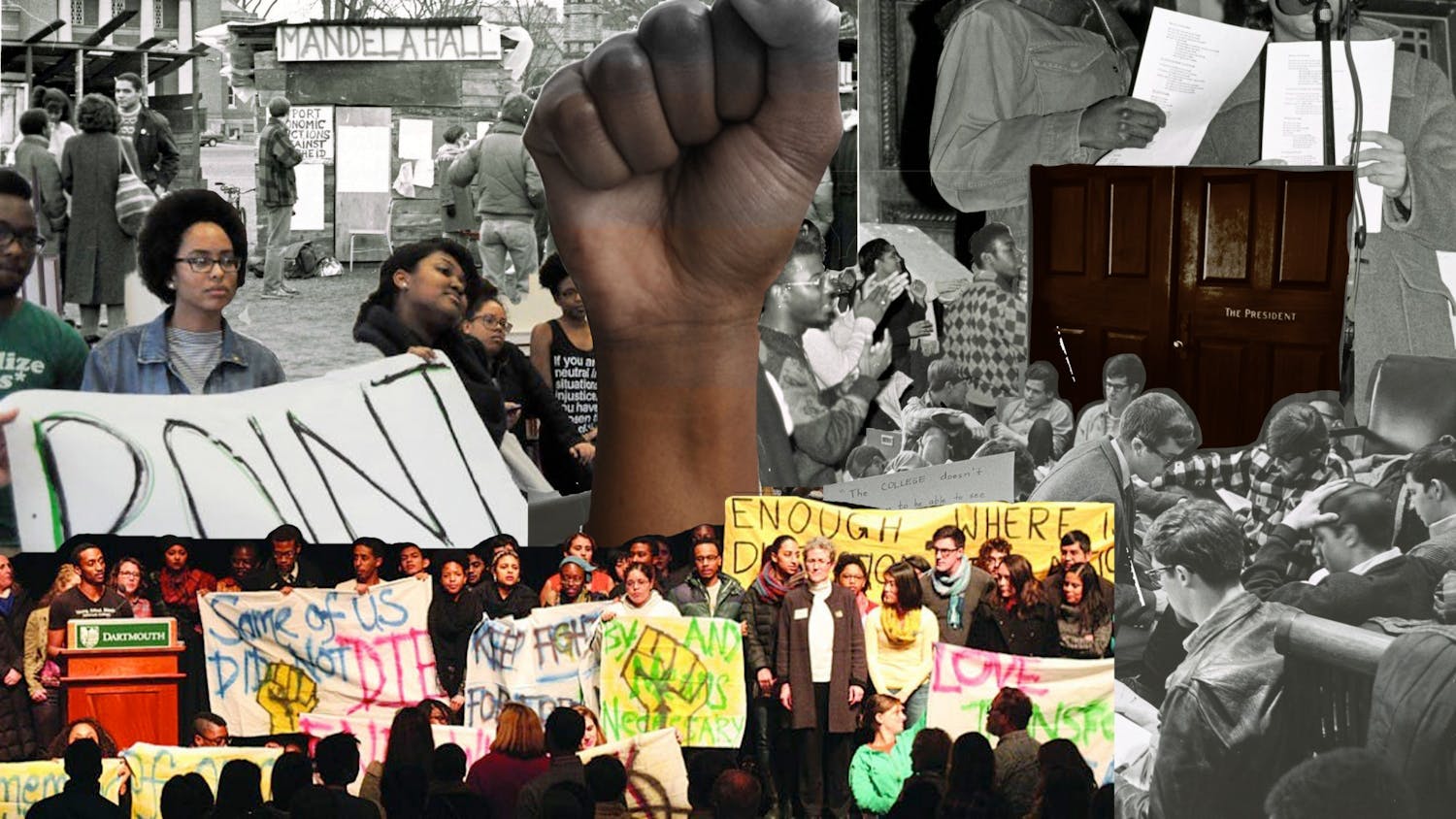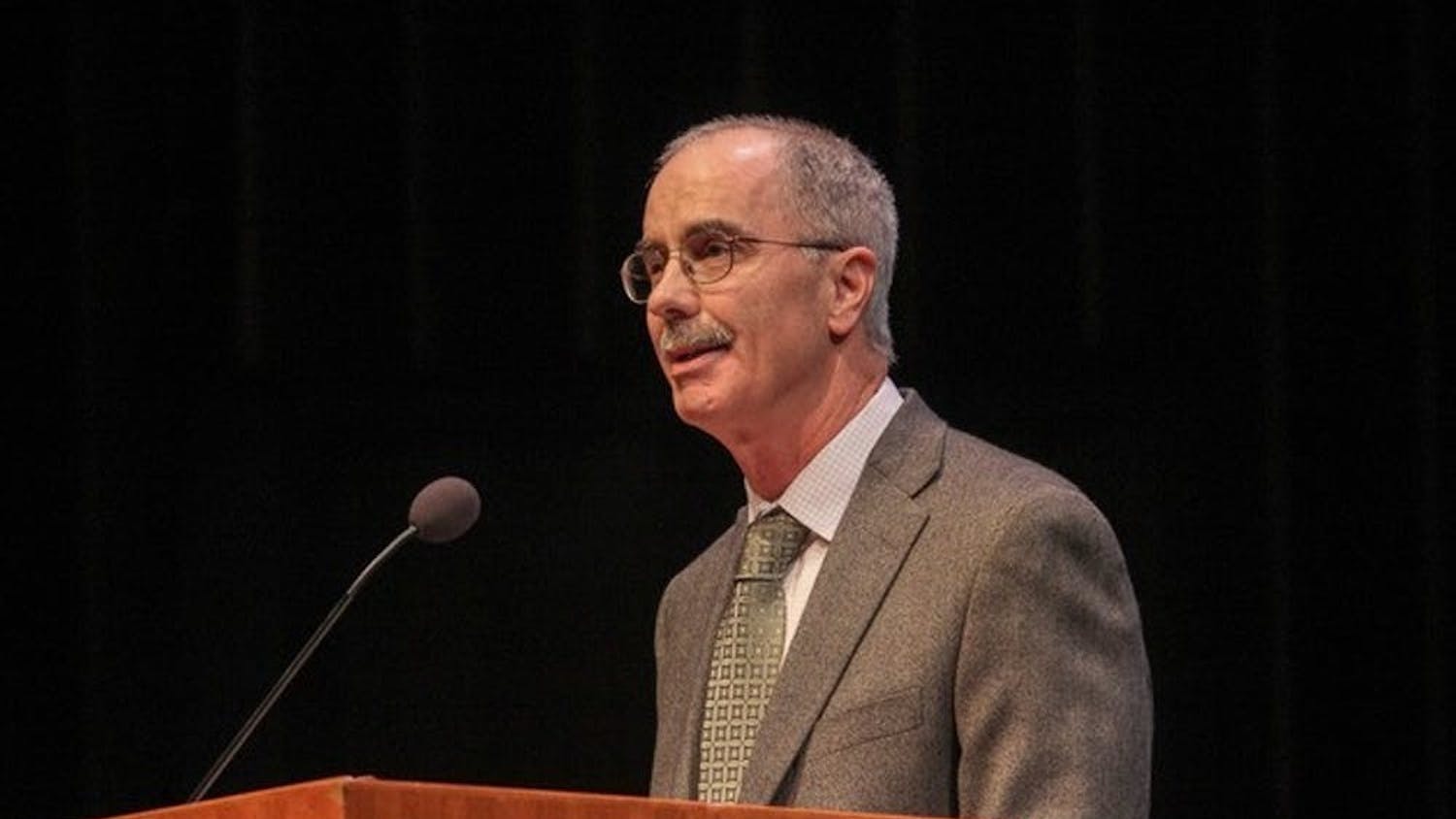Demi Stratmon ’20 is one of three lead organizers with 51 for 51, an advocacy group fighting for Washington, D.C. statehood. The organization derives its name from its efforts to ensure D.C. becomes a state by way of receiving 51 votes in the U.S. Senate.
Born and raised in D.C., Stratmon began working with the organization when it was founded in 2019. After graduating from Dartmouth last year, she moved to Washington to continue her work with 51 for 51, with the goal of swaying politicians and educating the public on D.C. statehood.
Stratmon sat down with The Dartmouth to discuss the goals of the organization, the D.C. statehood movement and how her Dartmouth experience helped set her on her current path.
What is the legislative or policy importance of Washington, D.C. being recognized as a state? Why is now an important time to see D.C. gain statehood?
DS: This has been a fight since Washington, D.C. was made our country's capital. However, right now, it's so important because we have finally passed a bill in Congress to admit certain parts of D.C. as a state. Previous bills were never passed, and it was not a national movement.
But right now, we're seeing political traction because there are 700,000-plus residents in D.C. With the current events, such as on Jan. 6 — domestic-borne violence against our federal government — and with COVID relief, and with President Donald Trump using D.C. as a photo opportunity and the excessive use of the National Guard, there has been a lot of concern about the security of D.C. residents. This is on top of just the normal American ideal that taxation without representation is deemed tyranny in our country, and it's against our democracy.
It is important because as our country is trying to rebuild its morality, trying to rebuild what this country is — what it means — after four years of a Trump presidency, we have to understand that if we're saying that we're fighting for Black lives, if we're saying that we want to make this a more perfect union, we cannot do that by disenfranchising mostly Black and brown individuals here in D.C. We cannot do that by overlooking a fundamental flaw in our democracy, which is the lack of representation in the capital's backyard. This is something that should be prioritized within President Joe Biden's first 100 days.
Why is statehood important to D.C. and to the country?
DS: D.C. statehood is a national issue. It's always been important. However, it's always been a fight that D.C. residents have been doing alone in our little silo. And that's really what 51 for 51 was created for: to make sure people understood, to travel the country and let them know that this is what's happening here.
It’s a fundamental flaw in our democracy. If we're saying that we are for the people, if people are getting up to vote to make our democracy more representative of everyone in the country, we have to also look at D.C. statehood. So that's where the national urgency comes from. It also comes from Black and brown people across America when we talk about police brutality, prison reform, when we talk about economic relief, how are we going to vaccinate all populations equally — this all spins into statehood.
How would you characterize the opposition to D.C. statehood?
DS: Most of the time, what we get is, “This is just a partisan thing that Democrats are trying to do to get more power within the federal government.” And we always, since the beginning of 51 for 51, have said that it wouldn’t matter whether D.C. was a potentially red state or potentially blue state. The fact is, we have 700,000-plus American citizens here who are being taxed, who are contributing to society, who are serving in the military, who are small business owners contributing to the economy. However, they are systematically locked out of having a voice or say in how the country moves forward.
And that's the bottom of it, if you say that you support our country in general, the values of our country. The American Revolution was because of taxation without representation. So we're saying if you truly believe that, that's not a partisan issue.
In pursuance of statehood, what kinds of successes have you had, and what more is there to be done?
DS: I always say young people are the future, and being able to speak with young people from across the country, even in a virtual setting, is really gold. They bring so much to this perspective. They inspire us and they teach us how statehood is a gun violence prevention effort, how statehood would be a women's rights effort, a criminal justice reform, a progressive movement. And I think that's what we've done well — we've connected statehood to everyday life.
One thing that we could work on is making sure that people understand that this is a civil rights effort and this is a voting rights effort — and we do it, but it has to really be amplified — that we cannot sit here and act like the lack of representation and statehood in D.C. is not a racial issue.
If we were to become a state, we would be the first state to have a plurality of Black people. 46% of D.C. is Black. So we cannot sit here and say that we've been locked out of the system just by coincidence. D.C., we're very multicultural, but we are very rooted in our Blackness and how Black people have contributed to this area. We have a lot of different races — Black, white, Latino, Asian, Native Americans. It's a great place. However, we understand that we're in this situation because of our composition, because of how our demographics look.
How do other congressional rules — like the filibuster and the 60-vote threshold — influence the path to D.C. statehood? How is 51 for 51 trying to reform these rules alongside the fight for D.C. statehood?
DS: We’re asking for a special carve-out. We're saying if Sen. Mitch McConnell, R-Ky., can pass three Supreme Court justices with bypassing the filibuster, then we should be able to do that to guarantee Americans their rights.
We started this campaign talking about how 51 votes, just a simple majority, should be enough for D.C. to become a state. And when we first started off, people were like, “Well, why are you taking that route? That's a little crazy. I support American democracy, but trying to write the rules — it's just a little different.” And the thing is, the rules have changed for what people want. Republicans have bypassed the filibuster to pass laws that they really, really wanted to get passed without 60 votes.
We're saying that the filibuster has been used as a Jim Crow relic. Throughout American history, it was used during the segregationist period. And this just goes back to showing how this is really a racial justice issue as well, because the filibuster has continuously been used in our history to stop the progress of Black and brown communities. And right now, it's being used as a tool to still not allow D.C. residents to become a state and to have full representation within their government.
How does the recent shift to Democratic control of national government change your strategy for the path towards D.C. statehood?
DS: It doesn't really change the path. It’s just now, there's nothing in the way. And we understand that. Back when we were in Trump's presidency, back when Republicans controlled the house or controlled the Senate, the argument from Democrats was “I support it, but we don't have control. It wouldn't be able to pass. We can’t do it.” And today, that's not the story. So right now, we're saying we need this to happen within the first 100 days because nothing's in our way. There should be no Democrat in our government who is against this, who will not co-sponsor this bill, who will not be an advocate for D.C. statehood.
What about your experience at Dartmouth prepared you for the work you do now?
DS: I majored in government, and I would say that experience of being able to just have a voice and learn how to articulate myself and learn how to stand up for who I was, no matter what, in that space really prepared me. The government department is great, and I feel like what it does a great job at is teaching us the fundamentals of “this is how the system is currently now, this how it was created, this is what people use to do this — however, we're not saying that it can't change. We're giving you the tools to see how things have been constructed, and if you want to change it, you have the power to, and you shouldn't be scared.”
That opportunity to be able to voice my opinions in class and to know that I was in a safe space and to really share my political views as a young Black woman at Dartmouth, it prepared me not only for criticism, but it prepared me to be able to be confident in this space so young. Even though I'm young, even though I'm Black, even though I just graduated, I'm very passionate about this. And if I have the tools and the resources to do it, I should go for it.
This interview has been edited and condensed for clarity and length.





